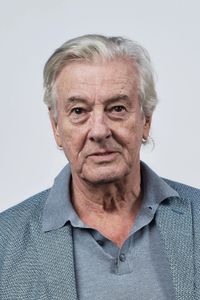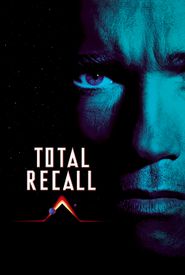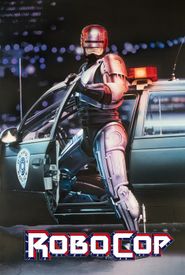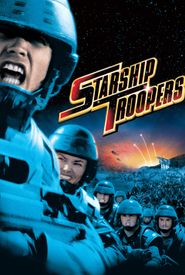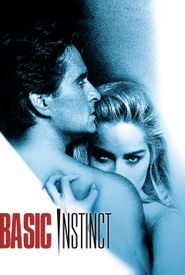Paul Verhoeven's academic background is marked by his graduation from the University of Leiden, where he earned a degree in math and physics. This solid foundation in mathematics and physics would later influence his approach to storytelling and visual composition.
Verhoeven's entry into the film industry was unconventional, as he began his career by creating documentaries for the Royal Netherlands Navy. He eventually transitioned to television, directing the popular Dutch TV series "Floris" in 1969, which starred Rutger Hauer, an actor who would later appear in many of Verhoeven's films.
Verhoeven's debut feature film, "Wat zien ik" (1971),was released in 1971, but it was his second film, "Turkish Delight" (1973),that gained him widespread popularity in the Netherlands, particularly among male audiences. The film's combination of raw sexuality and poignant storytelling resonated with viewers.
As his international recognition grew, Verhoeven's films, including "Soldier of Orange" (1977) and "The 4th Man" (1983),received critical acclaim, leading him to relocate to the United States. His first US film was "Flesh+Blood" (1985),but it was "RoboCop" (1987) and "Total Recall" (1990) that catapulted him to box office success.
Verhoeven has been accused of portraying excessive violence in his films, to which he responds by stating that he is merely documenting the violence that exists in society. He has co-scripted two of his films, "Soldier of Orange" and "Flesh+Blood," and has also directed an episode of the HBO series "The Hitchhiker" (1983).
Throughout his career, Verhoeven has collaborated with several cinematographers, including Jost Vacano, who has worked on several of his films, including the cult classic "Starship Troopers" (1997),starring Casper Van Dien.
